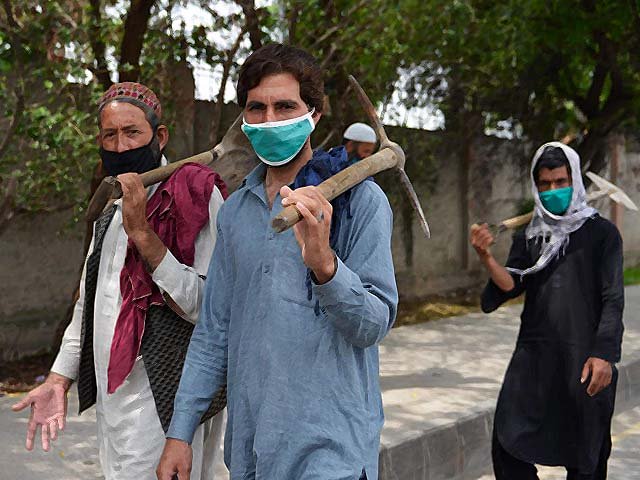
In the Indian diplomat's case, does anyone care about the nanny?
India must sense the world wondering how little it cares about its working class.
Paying a maid roughly 200 Indian Rupees (INR) an hour may seem overly generous in places like India and Pakistan where the job market is flooded with excess manpower. But can an Indian diplomat play by the same rules on American soil?
Devyani Khobragade had relied on her diplomatic immunity to be able to import her own slice of cheap Indian labour to New York, but the US law intruded her haven nonetheless. She was arrested not only for paying the housekeeper less than half the minimum wage, but also for lying about it on her visa documents.
There have been conflicting reports regarding the way the diplomat was treated. Khobragade has claimed that she was treated like a common criminal, whereas she was clearly an uncommon one, given her wealth and political backing. She claims she was stripped and cavity-searched.
On the other hand, the US prosecutor retorts that Khobragade was treated with respect, and even granted privileges that other people in her position would not normally receive. She was discretely arrested, allowed ample time to make new arrangement for her nanny-less children, and given two hours to make phone calls.
She was strip searched, he claims, as that is the standard procedure. However, there was no cavity search. That would have been pointless, unless the authorities were expecting to locate the remaining three dollars an hour she was supposed to pay the nanny, which was undoubtedly not a priority.
In fact, in the diplomatic crisis sparked by the incident, the welfare of the non-diplomat nanny is the least of the Indian government's concern. The opposition party, Bharatiya Janata Party (BJP), too continues to fan the people's rage of having one of their elites arrested over a matter as petty and unimportant as mistreating a lowly housekeeper and her spouse.
That is a matter nobody wishes to dive into, because in the drama currently playing out over the incident, the nanny is at best an unnamed extra who dies in the beginning of the show. In the shadow of the international titans involved in this play, her dignity is entirely dispensable.
The theatrics are amusing
Indian officials are retaliating by demanding the US embassy to declare the salaries they pay to their Indian employees. The security barricades on the road outside the embassy in Delhi were removed and some of the privileges given to the US diplomats were revoked.
From the responses I've received from my Indian friends and internet comments made by Indians opposed to the diplomat's arrest, I've identify two recurring arguments:
Argument one: the crime in question is hardly a crime.
Argument two: Even if it is a crime, Khobragade has full diplomatic immunity.
It is tragic how being a regular witness to despicable working conditions and abject squalor has ossified our hearts to the point that we are reconsidering the criminality of paying a full time employee just $24 a day, that too in New York, one of the more expensive places in the world.
Some have argued that since Khobragade covered most of the nanny's living expenses herself, the wage isn't terrible as, I suppose, the plantation owners in Mississippi used to pay for their slaves' food and accommodation too.
As for the matter of full diplomatic immunity, she did not possess it. It's said that she had only consular immunity. And in the given circumstances, the US prosecutor claims that the authorities did what needed to be done.
It isn't with glee that I berate India.
Would Pakistan have handled the situation differently had its own diplomat been arrested in US?
Would we not have passed a resolution claiming our guy's innocence?
Would Imran Khan, backed by the general population's anti-US sentiment, not have condemned the Americans?
But that's speculative. What matters is the current situation. And whether or not the US authorities overstepped their bounds, India must sense the world coldly staring at the nape of its neck and updating its perspective of how much, or how little, it cares about its working class.




COMMENTS (162)
Comments are moderated and generally will be posted if they are on-topic and not abusive.
For more information, please see our Comments FAQ